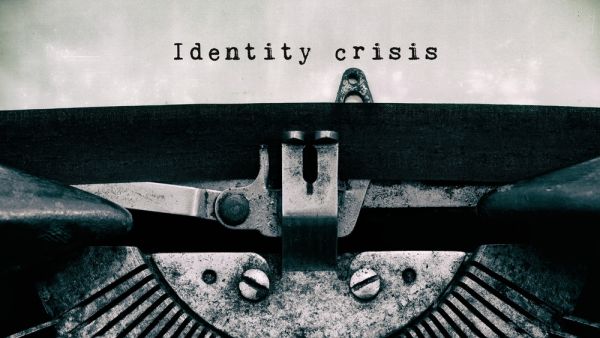Have you ever paused and wondered who you really are at your very core?
Many of us have lived through times when we lost track of who we are, and many are still trying to figure themselves out. And to make things even more pressing, our fast-paced, rapidly changing world is making what is already a challenging question even more difficult to answer.
Who are we, really?
There is no single direct answer to a question that probably haunts billions of people worldwide. However, to better understand how to cope with this daunting thought, it is important to dig deep into where this idea of “self” and identity stems from.
In short, our identity is defined by a number of factors such as the experiences we live through, our families, culture, society, and relationships. In addition, our own set of thoughts, feelings, ideas, and uniqueness impacts our identity formation. While our identities are formed during our adolescent years, it is still subject to changes during our entire lives.
In fact, developmental psychologist, Erik Erikson defined identity as “fundamental organizing principal which develops constantly throughout the lifespan.”
In his research, Erikson also highlighted that identity is what gives us a sense of continuity and belonging with ourselves and others. When we interact with others, our sense of identity and self develops. For instance, the role we play within our families and how we interact with them play a major role in how we see ourselves. Not only that, but social expectations, standards, and ideas can also affect our identities, especially in cases when who we are does not align with what societies tell us to be.
When we grow up in a household that continuously dictates how we should act and who we should be, we are not given the space we need as children to express ourselves and discover who we are.
And if you ask any child what they really want, most will probably say, they want to keep the peace, be loved, and feel like they belong. So these children end up keeping their heads down, conforming to what their families and the world tells them to be, and lose any means of knowing themselves. Soon enough, without the freedom and right to explore their own sense of identity, these children grow into adults who do not know who they are.
But the struggle of figuring out who we are does not start and end with our childhood, because the question of who we are can also come into our adult life. As adults, many might struggle with their identities because of all the global conflicts and constant exposure to changes, technology, and unrealistic social expectations.
War and conflicts have pushed millions of people to flee their countries to seek asylum elsewhere, and with that comes a deep internal struggle of determining one’s identity away from home. That is particularly difficult for children as they are either forced to leave their homes or grow up in a conflict-induced place where basic human needs are not met. It is reported that around 1B people cannot prove their identity officially, let alone have the knowledge to explore themselves and develop their unique sense of self.
On a more social and cultural side, technology and social media for instance have created unrealistic expectations of how our lives should look like, and failing to keep up means we do not belong. Therefore, many people find themselves striving to fit in and as a result lose sight of who they really are. From one side many are told who they should be, how they should act, and what to think, and thus are not given the freedom of being who they are. On the other end of the spectrum, others are told to embrace being free without any sets of constraints or boundaries and are thus left feeling lost and unable to get to know themselves.
The reality of things is that we live in a time when our lives are on display for the whole world to see and judge, leaving us with little to no space to get to know ourselves and create our own self-image.
Whether it is the boxes everyone tries to force us to live in or the constant need to tie our worth and identity with achievements and material things, it is imperative that we slow down and let our voices out. Because at the end of the day, what children, adults, and really any human being wants is to belong somewhere.








